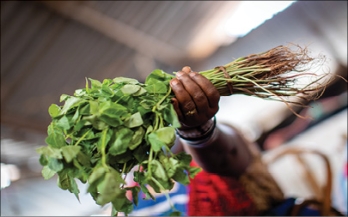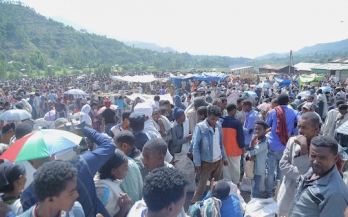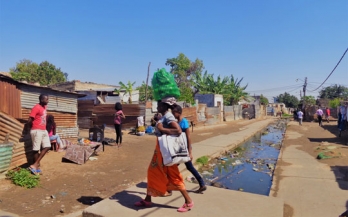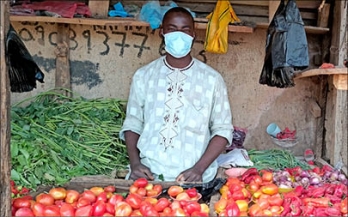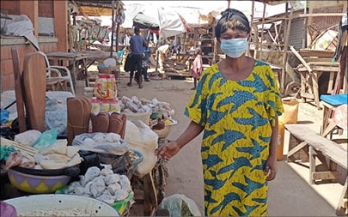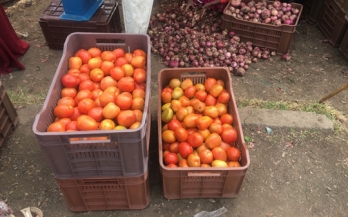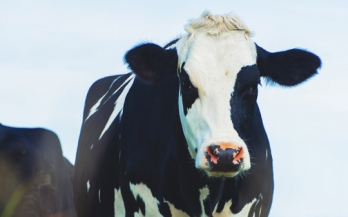EatSafe evaluated the regulatory and policy landscape for food safety in Ethiopia at the national and regional levels, which included an assessment of existing regulations and resulted in recommendations for strengthening implementation.
EatSafe conducted a systematic search and review process of 116 published studies on the perspectives and practices of consumers and vendors related to food safety in Ethiopia.
In Ethiopia, per capita annual consumption of dairy is just 11% of World Health Organization recommended levels. Low incomes are a key constraint to dairy consumption, as many consumers cannot afford to buy dairy in recommended quantities. Key sector constraints are centred around rural scarcity, high prices, and quality concerns.
From October 2020 to December 2021, EatSafe conducted bi-weekly consumer and vendor surveys in traditional markets to assess the functioning of markets and market actors under COVID-19. The resulting Bulletins and Traditional Market Reports present detailed reports on trends in consumer resilience, vendors' business impacts, and food price changes.
Understanding the rapidly changing situation for vendors in traditional markets and the consumers that rely on these markets can provide vital information for determining what is needed to ensure the availability of affordable, safe, nutritious food during the COVID-19 pandemic.
The COVID-19 pandemic is a multiplier of vulnerability, compounding threats to food security and nutrition (FSN) while exposing weaknesses in food systems. In response, the Global Alliance for Improved Nutrition (GAIN) developed the Keeping Food Markets Working (KFMW) programme to provide targeted support to help sustain core food systems.
This Situation Report—the fifth in a series—finds that COVID-19-related control measures continue to have an impact on food systems in 10 countries where GAIN works: Bangladesh, Ethiopia, India, Indonesia, Kenya, Mozambique, Nigeria, Pakistan, Rwanda and Tanzania.
Reducing post-harvest loss is one promising way to make nutritious foods more available, accessible, and affordable - all while improving the environmental sustainability of the food system. While viable technologies to reduce loss exist, they have limited uptake, particularly in low- and- middle income countries (LMICs).
The COVID-19 pandemic is a multiplier of vulnerability, compounding threats to food security and nutrition (FSN), while exposing weaknesses in food systems. In response, the Global Alliance for Improved Nutrition (GAIN) developed the Keeping Food Markets Working (KFMW) programme to provide targeted support to help sustain core food systems, workers, and markets during the COVID-19 emergency.
Ethiopia is experiencing a growing demand for dairy products, which can make a major contribution to the intake of essential nutrients in the population. However, as a developing country, a large part of the residents do not have access
to dairy products, primarily due to both limited financial resources and availability.
